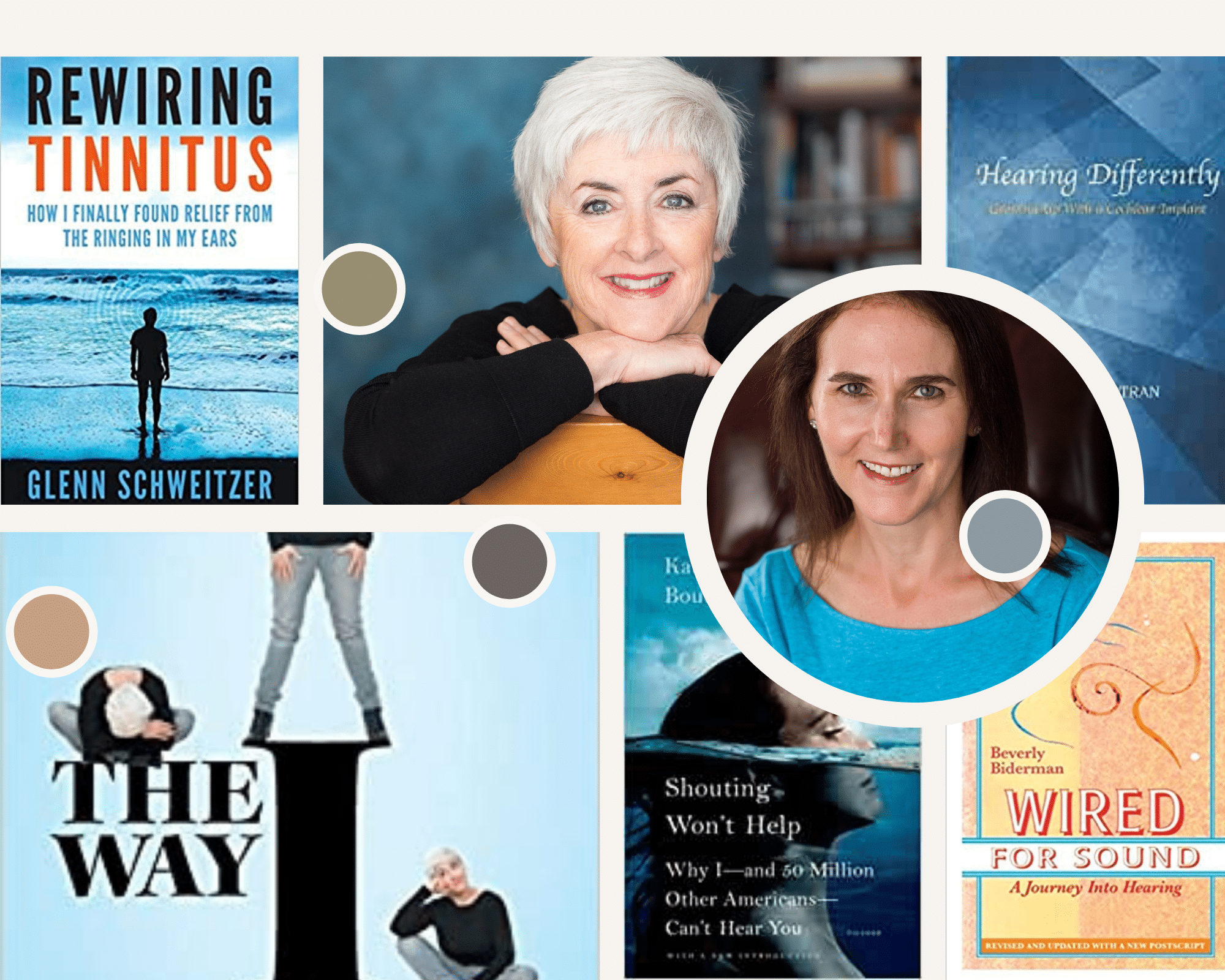The title of this controversial post, originally published 10/18/2011, is more true today than it was 5 years ago, due to rapid technological changes in consumer electronics, wearable health devices, and social policy scrutiny of the FDA-protected hearing aid industry in the US. Dr Tseng’s post was pioneering in the sense that it revealed entry into relatively unexplored territory in the Internet, including self-tests of hearing, electronic signature to waive medical clearance, and online hearing aid orders. Though not stated explicitly in the post, it heralded two new paths in hearing healthcare. By creating hi HealthInnovations as a subsidiary, UnitedHealth Group (UNH) became the first health insurance company to sell hearing aids directly to Medicare enrollees as a membership benefit, also the first to form a contractual sole-source partnership with a hearing aid manufacturing company, IntriCon.
As with most early explorations, neither venture worked out as envisioned. Within a few years, hi HealthInnovations dropped the at-home test, eventually replacing it with a hearing test kit for PCP offices (which took care of the medical waiver situation in any case). It expanded eligibility— beyond Medicare enrollees– for direct hearing sales to a larger consumer market. The expansion aimed to grow the market, perhaps in response to sluggish sales reported by Intricon in early 2013.
Fits and starts notwithstanding, both at-home testing and Internet hearing aid sales are a fact of life in 2017.
By Lisa Tseng
It is a source of frustration for hearing professionals: How to open the door to a new, hearing-enabled life for the millions who could benefit from it but, for a variety of reasons, don’t.
Currently, only 25% of those who can benefit from hearing devices use them, and high cost is a significant contributor to this problem. UnitedHealth Group saw the opportunity to introduce solutions that would address this price barrier that keeps people from fuller lives, especially for the 47 million Americans with Medicare, which does not cover the significant cost of hearing devices.
To explore where we might help bridge this gap, hi HealthInnovations worked with Dianne Van Tasell, PhD, a professor of speech and hearing sciences, and with experienced audio engineers to develop an at-home hearing test. This test is designed to identify people who are good candidates for open-fit hearing aids.
It can also detect types of hearing loss (e.g., asymmetrical hearing loss, loss too severe for open-fit devices, significant low-frequency loss) that would benefit from the services of a physician or hearing health professional. In such cases, it recommends appropriate follow-up.
hi HealthInnovations believes that greater awareness and access to free, at-home testing will enable more people to recognize the signs of hearing loss and benefit from earlier treatment. The more people who access our program, the more we can refer them to physicians and hearing health professionals. Moreover, the individuals that we refer will already be aware that they need specialized treatment from physicians and hearing health professionals. Importantly, these are people who are currently disengaged from the hearing health system.
hi HealthInnovations devices are open-fit, which do not require a custom physical fit. They are custom-programmed to meet an individual’s specific hearing needs, based on the NAL-NL2 gain prescription method. These open-fit hearing devices are made relatively easy for consumers to use via hi HealthInnovations’ how-to videos and user guides. hi HealthInnovations also provides ongoing customer service and support.
Consumers have a growing appetite for more control over their own healthcare. For example, they currently rely on at-home pregnancy tests, blood pressure monitors, glucose monitors, sleep apnea testing, and over-the-counter medications. Self-administered tests do not replace a healthcare professional’s care, but they help consumers manage their health and identify any changes in their health that may need professional attention.
Working together, we have a greater opportunity to engage more consumers in detecting hearing problems early. hi HealthInnovations’ easy-to-use, at-home hearing test is a first step in encouraging millions of consumers to check their hearing more often and seek the treatment they need.
hi HealthInnovations believes that making hearing health more accessible can ultimately improve the lives of millions of Americans–a goal we share with hearing professionals.
Lisa Tseng, MD, is the Chief Executive Officer of hi HealthInnovations, whose mission is to deliver high-quality, yet affordable hearing solutions to the rapidly growing and underserved hearing-impaired population.
feature image from spec savers uk







